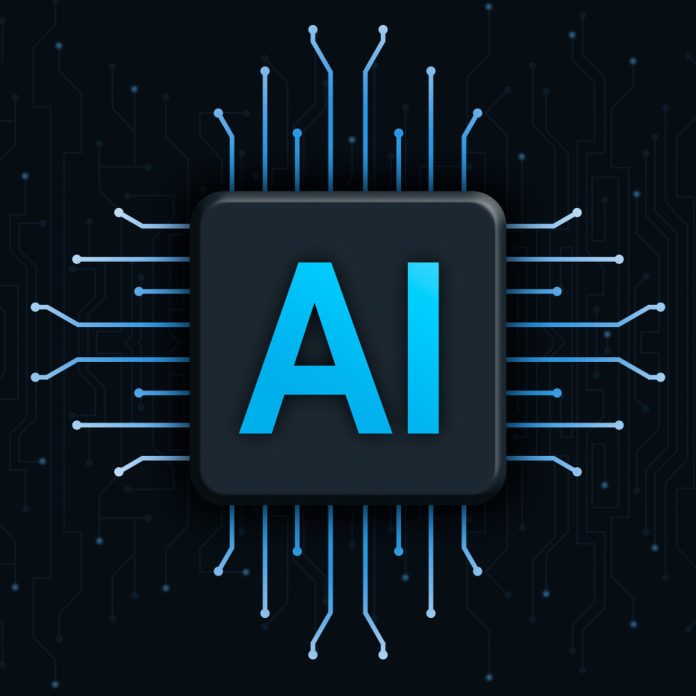Artificial Intelligence has become a transformative force across various sectors, and one area where its impact is profoundly felt is education. With its ability to personalize learning, streamline administrative tasks, and provide real-time data insights, AI is shaping the future of education. But one of the most exciting advancements AI brings is its potential to transform special education.
Special education, which focuses on tailoring educational approaches to meet the needs of students with disabilities or unique learning requirements, has traditionally faced challenges in terms of scalability and individualized attention. Artificial Intelligence offers innovative solutions that could drastically improve the learning experience for these students, making education more inclusive, efficient, and personalized.
In this blog, we will explore how AI is changing the landscape of special education, its benefits, challenges, and the future potential it holds.
What is Artificial Intelligence in Special Education?
Artificial Intelligence refers to systems or machines that replicate human-like intelligence, enabling them to perform tasks such as learning, problem-solving, reasoning, and decision-making.
In the context of special education, AI is used to develop customized learning tools and resources designed to meet the specific needs of students with disabilities, whether they be physical, intellectual, or emotional.
AI in special education can be integrated into a variety of tools such as educational apps, speech recognition software, and virtual assistants. These systems not only assist educators but also empower students by offering them tailored experiences based on their individual learning styles and abilities.
The Role of AI in Personalized Learning for Special Education
Personalized learning is at the core of what makes AI a game changer in special education. Here’s how:
1. Tailored Learning Plans
AI can assess a student’s abilities, track their progress, and adjust their learning path accordingly. Whether a student has a learning disability or needs additional support in certain subjects, AI-driven platforms can create and update personalized lesson plans.
These tailored plans ensure that each student is working at their own pace and focusing on areas where they need the most improvement.
2. Real-Time Feedback
In a traditional classroom, teachers may not always have the time to give immediate feedback to every student. AI tools can fill this gap by offering instant feedback on tasks, quizzes, and assignments. Students can work at their own pace and immediately see where they went wrong, allowing for a quicker, more efficient learning process.
3. Inclusive Learning Materials
AI-powered technologies can help create accessible learning materials, such as text-to-speech and speech-to-text tools, that support students with visual impairments, dyslexia, or hearing impairments. This makes learning materials more inclusive and ensures that no student is left behind.
Key Benefits of Artificial Intelligence in Special Education
AI offers a range of benefits for special education, including:
1. Enhanced Accessibility
Students with disabilities often face barriers when it comes to accessing traditional learning materials. AI helps break down these barriers by offering adaptable tools, such as:
- Speech recognition software for students with speech or hearing impairments.
- Text-to-speech tools for students with dyslexia.
- Customized interfaces that adjust to individual needs.
2. Support for Teachers
AI doesn’t just benefit students; it also supports educators by automating administrative tasks and providing insights into each student’s progress. This allows teachers to spend more time focusing on teaching rather than routine tasks like grading and progress tracking.
3. Real-Time Monitoring and Data Analytics
AI-powered systems can collect data on student performance and behavior, providing real-time insights into each student’s learning needs. This data-driven approach enables educators to intervene promptly and adjust their strategies to meet individual requirements.
4. Increased Engagement
Many AI tools offer interactive learning experiences that engage students more deeply. These tools can include virtual simulations, gaming platforms, or interactive storytelling, which make learning more enjoyable and effective for students with special needs.
Challenges of Implementing AI in Special Education
While AI has great potential in special education, there are several challenges to consider:
1. Accessibility and Affordability
Not all schools or educational institutions may have access to the infrastructure or budget necessary to implement AI tools. This can create a disparity in the availability of AI-driven resources, particularly in underfunded districts or in developing countries.
2. Data Privacy and Security
AI systems often rely on sensitive student data to personalize learning. Ensuring that this data is protected and used ethically is crucial to the success of AI in education. Educational institutions must adopt stringent data protection measures to safeguard students’ privacy.
3. Teacher Training
Educators must be adequately trained to integrate AI tools into their teaching practices effectively. Without the proper training and understanding of how AI works, the technology may not be used to its full potential, limiting its impact on the learning experience.
The Future of AI in Special Education
The future of AI in special education looks incredibly promising. As technology continues to evolve, we can expect to see even more advanced AI tools designed to support diverse learning needs. Some exciting possibilities include:
- Emotion recognition systems that can gauge a student’s emotional state and adjust learning materials accordingly.
- AI-driven social robots that can help students with autism spectrum disorders improve social skills.
- Virtual reality (VR) and augmented reality (AR) tools that can provide immersive learning experiences for students with physical disabilities.
AI is set to play a pivotal role in making education more inclusive and accessible for all students, regardless of their unique challenges.
Conclusion
Artificial Intelligence is undeniably a game-changer for special education. From personalized learning plans to real-time feedback and more accessible educational resources, AI is transforming the way we approach teaching and learning for students with special needs.
However, to truly unlock its potential, educational institutions must address challenges such as accessibility, data privacy, and teacher training. With continued investment in AI technology and its thoughtful integration into classrooms, we can ensure that all students, regardless of their abilities, have access to a high-quality education tailored to their needs.
The future of special education is bright, and Artificial Intelligence is leading the way towards a more inclusive and effective learning environment for every student.
I hope you find the above content helpful. For more such informative content, please visit Techadvisor Pro.













